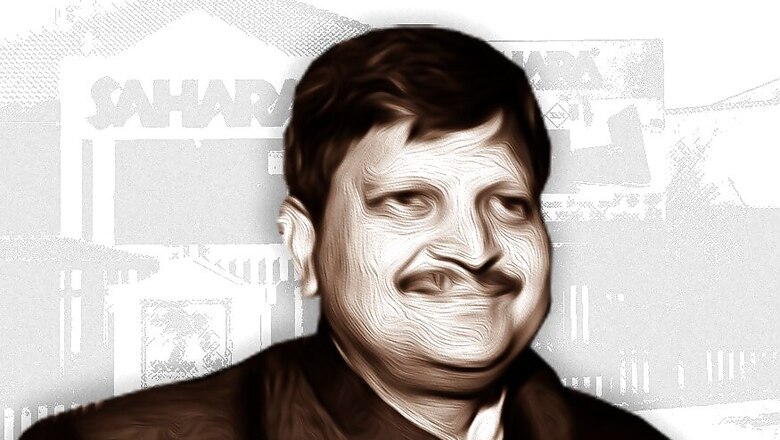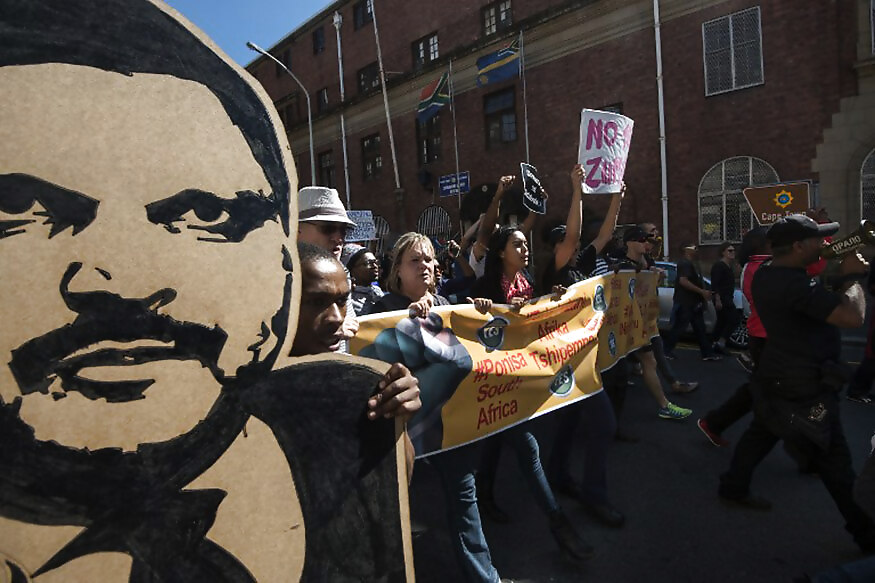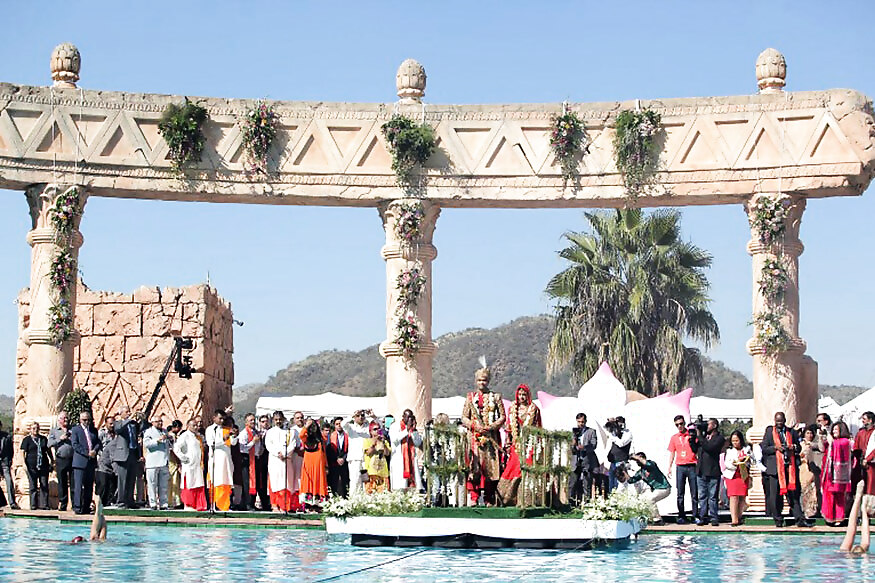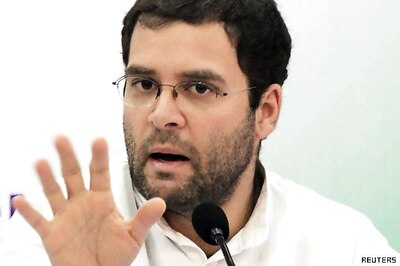EXCLUSIVE | Those Backing 'Economic Apartheid' Targeting Us, Say South Africa's Controversial Guptas

views
This 2017 interview given by Atul Gupta – one of the three Gupta brothers – to CNN-News18’s Joydeep Gupta has been republished after the United States on Thursday announced sanctions against the high-profile Indian-origin family for running a "significant corruption network" that leveraged its political connections to engage in bribery, capture government contracts and misappropriate state assets.
New Delhi: They migrated from Uttar Pradesh to South Africa in the 1990s and slowly established a business empire ranging from mining and energy to media and railways.
Along the way, the Gupta brothers also earned powerful enemies, inviting allegations that they were too close to powerful South African politicians, including President Jacob Zuma.
But, in an exclusive interview given to News18.com, Atul Gupta — one of the three Gupta brothers — has rubbished the charges and accused “powerful vested interests” of holding back South Africa from realising its potential by opposing “economic emancipation”.
He also said that the family has decided to exit all its businesses in South Africa although they will continue to live in the country.
Gupta strongly defended the family’s ties to Zuma and his family, denied charges of influence peddling and a behind-the-scenes role in appointing government ministers and claimed that their alliance with the president was aimed at challenging the “powerful vested interests” that gird the South African economy.
“We are supportive of President Zuma’s determination to challenge the status quo and the powerful vested interests that have held back South Africa’s economic emancipation. These efforts have resulted in a powerful reaction from these same forces who also control most of the media,” Atul Gupta said in an emailed interview.

A cut-out poster of Atul Gupta is visible as thousands of people march through the city centre, to the South African Parliament, waving South African flags and banners, calling for the South African president to step down on April 7, 2017, in Cape Town. (Photo: AFP)
Their critics allege that the Gupta family embodies crony capitalism. They are alleged to have parlayed their links with Zuma — they once employed Zuma's wife Bongi Ngema-Zuma and one of his sons Duduzane Zuma — to leverage political influence. The Guptas’ influence over the presidency has been described as a “shadow government”.
However, Atul Gupta denied all charges of wrong doing and claimed that their business practices flourished because they challenged the entrenched, monopolistic, business interests in the country and for the very same reason they have become a target of these vested interests.
Atul Gupta said that the family was exiting its South African businesses.
“We want our legacy, now that we are exiting our businesses, to encourage and support a new generation of black entrepreneurs who will become the catalyst for South Africa’s economic emancipation,” he said.
The Guptas migrated from Saharanpur in Uttar Pradesh to explore new business opportunities abroad in early 90s.

This picture, courtesy of the Gupta family, shows Vela Gupta and her husband, Indian-born Aaskash Jahajgarhia, posing with relatives and guests during ceremonies for their wedding in Sun City, South Africa, on May 1, 2013. (Photo via AFP)
“However, it was in South Africa that we soon discovered a market that was so dominated by monopolies and industry cartels that we were able to undercut the competition and still achieve margins much higher than anywhere else where we were operating. We quickly came to the conclusion that the rigid and uncompetitive structure of the SA market was the ideal environment for us to disrupt and exploit as entrepreneurs,” Atul said.
Gupta said that South Africa is a young nation, but the ‘Rainbow Nation’ had not delivered for the majority of its people. He said that it must reform its economy to end the “economic apartheid” that had kept the majority of its citizens impoverished.
“The sadness for us is not the personal abuse and hostility directed at us, but the fact that this potentially great country is being held back by those same vested interests that oppose economic emancipation,” Gupta said.
“Whilst the media continues to fixate on us the real problems and challenges that SA must urgently face if it is to avoid a crisis, primarily the alleviation of the desperate poverty of the vast majority of its people, remain largely ignored,” he added.



















Comments
0 comment